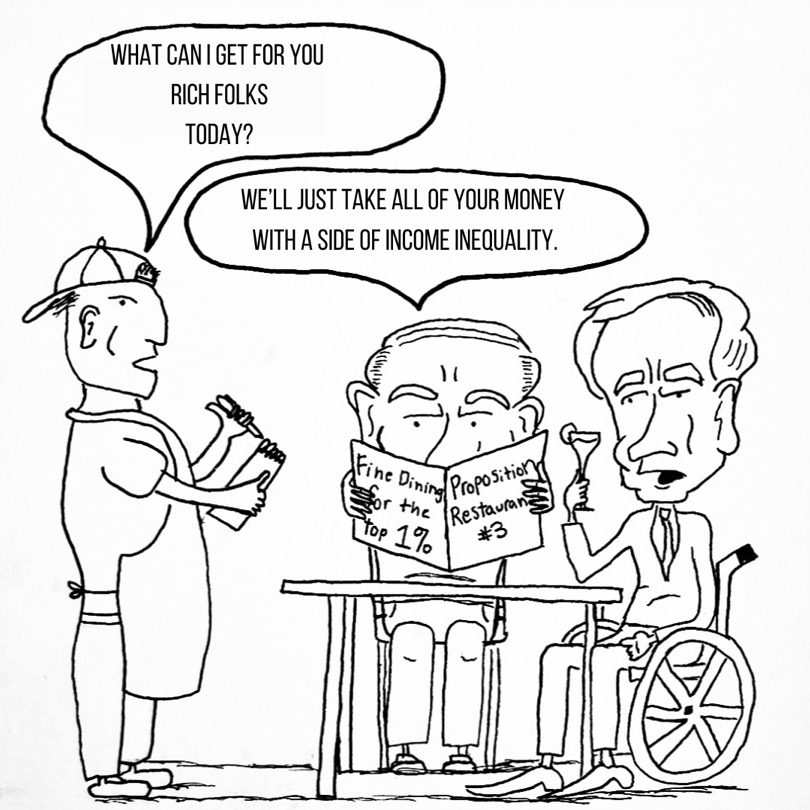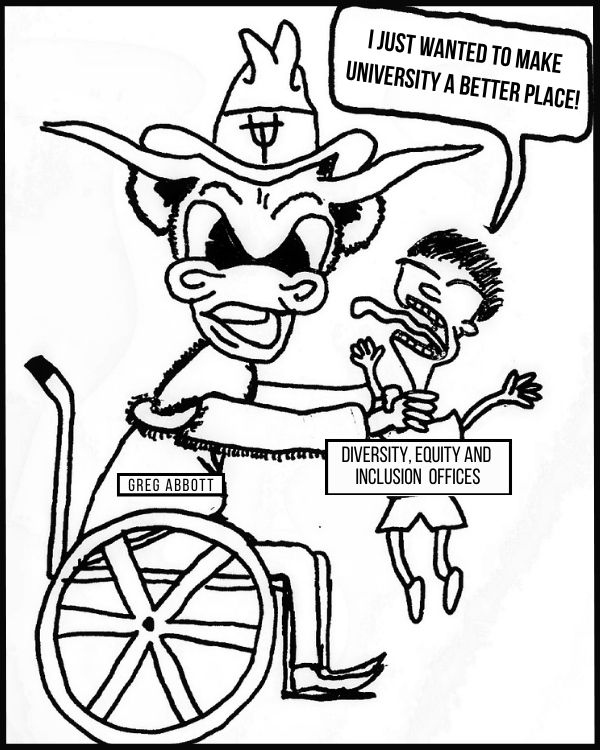In the elections on Nov. 7, Texas voted on 14 amendments; Proposition 3 was among the 13 that passed. Prop 3 is a constitutional amendment prohibiting the “imposition of an individual wealth or net worth tax, including a tax on the difference between the assets and liabilities of an individual or family.”
By approving this proposition, Texas is rejecting what many states call a “wealth tax,” which refers to taxes based on “the market value of assets” one owns. With this change, future lawmakers will not be allowed to tax wealthy Texans. While this proposition can seem positive at first glance because it implies fewer taxes, it ultimately supports wealth inequality in the Lone Star State.
Supporters of this change argue that the impact will be minimal, as Texas did not have a wealth tax to begin with. However, this proposition prevents any lawmakers from creating one.
Texas already faces significant wealth inequality and an extremely weak tax system, and Prop 3 only reinforces that.
This amendment will also limit the state’s ability to diversify its revenue sources, as it will prevent taxes on various assets of wealthy Texans. Although it would be challenging to tax these individuals on all of their assets because they can include a variety of luxury items, this proposition indicates that rich Texans will not be contributing a fair share to the state. Since they will continue to be allowed to own luxuries and not pay their equal share of taxes, the wealth gap will remain steady in the state.
With the approval of Prop 3, Texas has taken a huge step backward. This proposition in no way benefits the average Texan, but bolsters the ability of the elite to fend off fair taxation. By approving this amendment, the Lone Star State will likely not see an end to wealth inequality anytime soon.













